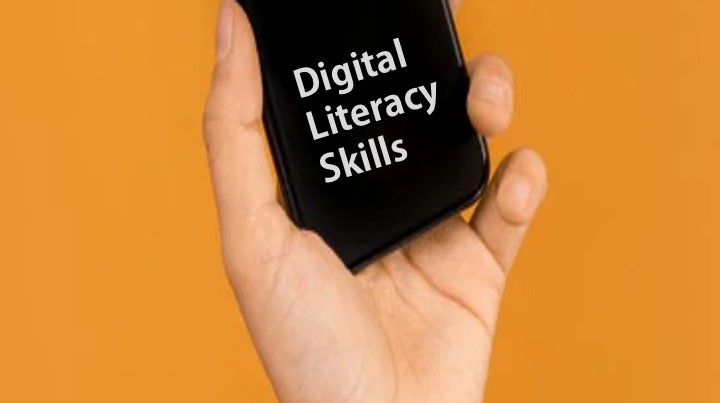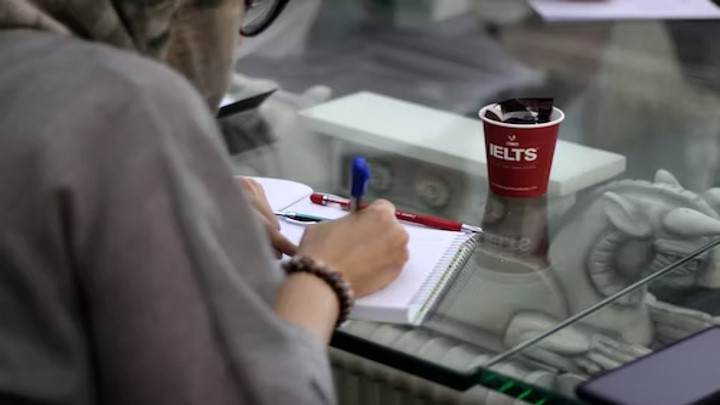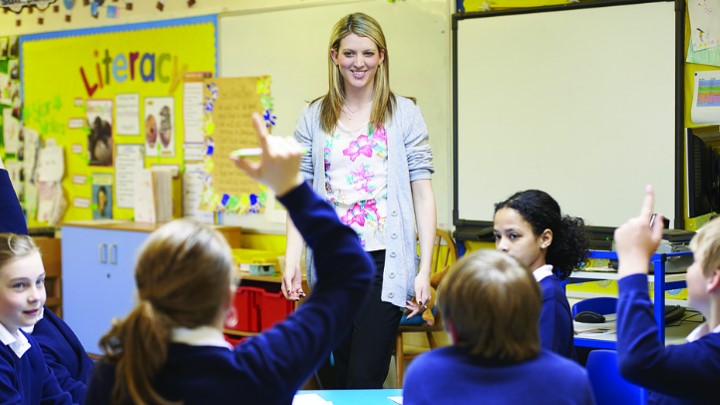Last Updated on April 22, 2023 by Uncle Pat Ugwu
An essential objective of education is to teach students how to think more productively when addressing issues by combining creative and critical thinking (to develop ideas) with precise information (about the truth of reality). According to specialists in both professions, both modes of thinking (creative and critical) are necessary for a well-rounded productive thinker. This is a great importance of problem solving skills in education.
As children grow older, they learn that not all problems have simple solutions. Whether they need to find the best solution for a project in school or navigate a situation in their personal lives, creative problem-solving skills can help prepare children to face challenges that require them to think outside the box. We previously wrote some problem solving interview questions.
Let us now highlight the importance of problem solving skills in education one after another, and the role teachers should play to help their students. This article is also good for those who want to learn problem solving methods of teaching.
Importance of Problem Solving Skills
1. Critical Thinking
This signifies the ability to break down a complex problem and analyzes its essential characteristics. That skill will make it simpler to find logical answers to practically any difficulty. Being able to navigate through and arrange that heap of smaller amounts of knowledge makes it easier for them to tackle difficulties. It also keeps your children from being overwhelmed when a large obstacle is placed in front of them.
By asking questions, you may encourage your students to exercise critical thinking. Open-ended inquiries, in particular, encourage students to look outside the box and assess the circumstances.
Teach children to investigate different explanations for why something is the way it is. What makes the sky blue? Why do plants turn green? Encourage their curiosity.
2. Creative Thinking
In the context of problem solving, creative thinking is the ability to consider several alternative explanations and solutions. It is the generation of fresh ideas and the discovery of novel solutions to problems. Or being open to multiple perspectives on an object or circumstance.
Reflective exercises are the best way to foster creative thinking. Before you can think creatively about anything, you must first comprehend it. This allows you to think more creatively and remove any preconceptions or biases.
Get your student’s opinions on issues that may have diverse solutions or reasons for occurring. Make it a routine for them to discuss ideas, participate in story-telling activities, and read books. All of these things contribute to broadening one’s thinking and exercising one’s creative muscles.
3. Encourage Independence
It is critical that you maintain your function as an observer, supporter, or facilitator. Take a step back and allow your children to come up with their own ideas. Keep an eye on what’s going on while protecting their safety and well-being.
As an observer, you foster independence by taking a step back and observing your child tackle the problem in their own unique way. It may take longer than if you rushed in, but allowing kids to their own devices may do a lot for developing their problem-solving abilities.
Appreciate and acknowledge your student’s attempts to help them. Create an environment in which people may openly and successfully communicate their thoughts without fear of being judged. Give kids chances to play and solve issues on their own. Instead of instructing them what to do, encourage them to express themselves by brainstorming things that they might enjoy.
4. Mental Health
Another importance of problem solving skills in education is mental health benefits. The COVID-19 pandemic has been devastating to children’s mental health across the country, in addition to generating school closures and irregular access to education and extracurricular activities, which have resulted in learning losses.
Many parents and instructors have indicated that their pupils are experiencing periods of sorrow and depression since they are unable to readily socialize in person with their friends.
Exploring several solutions to an issue teaches kids to understand they have more agency than they previously believed. It may also encourage children to better express any difficulties that are bothering them.
5. Future Advantages
Finally, the importance of problem solving skills in education can help prepare pupils for a future in which people from all industries will be asked to solve issues that do not yet exist. They will need to go beyond merely possessing the most up-to-date technology, software, or specialist expertise to use these resources in a way that emphasizes developing successful solutions.
In other words, they will need to use problem solving skills to embrace the unknown and reframe nerve-racking uncertainty as a learning opportunity. You may appreciate our post on hybrid learning models.
Problem solving skills, especially when utilized in a group setting, may foster pleasant experiences by promoting team input. Instead of stressing about who gets credit for a particular idea, the answer to issues becomes the result of teamwork.
How to measure problem solving skills
As we are concluding this post on the importance of problem solving skills. Personality and cognitive tests are mostly used to measure problem solving skills.
Personality testing
The emergence of personality testing in the twentieth century was motivated by a desire to optimize employee potential. Personality tests aid in the identification of workplace trends, significant features, and personalities, as well as the assessment of how people may respond to certain situations.
Cognitive ability test
A pre-employment aptitude test evaluates a person’s abilities such as critical thinking, verbal reasoning, arithmetic ability, problem-solving, decision-making, and so on, all of which are indicative of a person’s intelligence quotient (IQ). The test results give information regarding work performance. It also evaluates current and prospective employees for various job levels.
Related Problem Solving FAQs
What are problem solving skills in the workplace?
They include:
- Communication skills.
- Decision-making skills.
- Listening skills.
- Analytical thinking skills.
- Creative thinking skills.
- Teamwork.
- etc.
You may like to read our post on the benefits of collaborative learning.
Can problem solving skills be taught?
Yes, problem solving skills can be taught and many teachers have done that in the past and are still doing it. Teachers are required to plan and give students constant training on problem solving skills.
Problem solving skills vs critical thinking?
In contrast to critical thinking, which is a lifetime activity used to develop your thinking process, problem-solving is a collection of strategies you employ expressly to identify successful answers. You may use it to fix problems as they arise or to plan ahead of time for problems that may arise.
Final Thoughts
As we round off the importance of problem solving skills in education post, it is crucial to note that our children benefit from problem-solving skills at all phases of their lives. So teachers should put their best foot forward and assist youngsters in acquiring these 21st-century applicable skill sets for a massively successful and joyful life ahead! Please check our post on technology-based interactive teaching strategies.
Sponsored Posts

Are you passionate about educational technology or digital tools? We’re…






